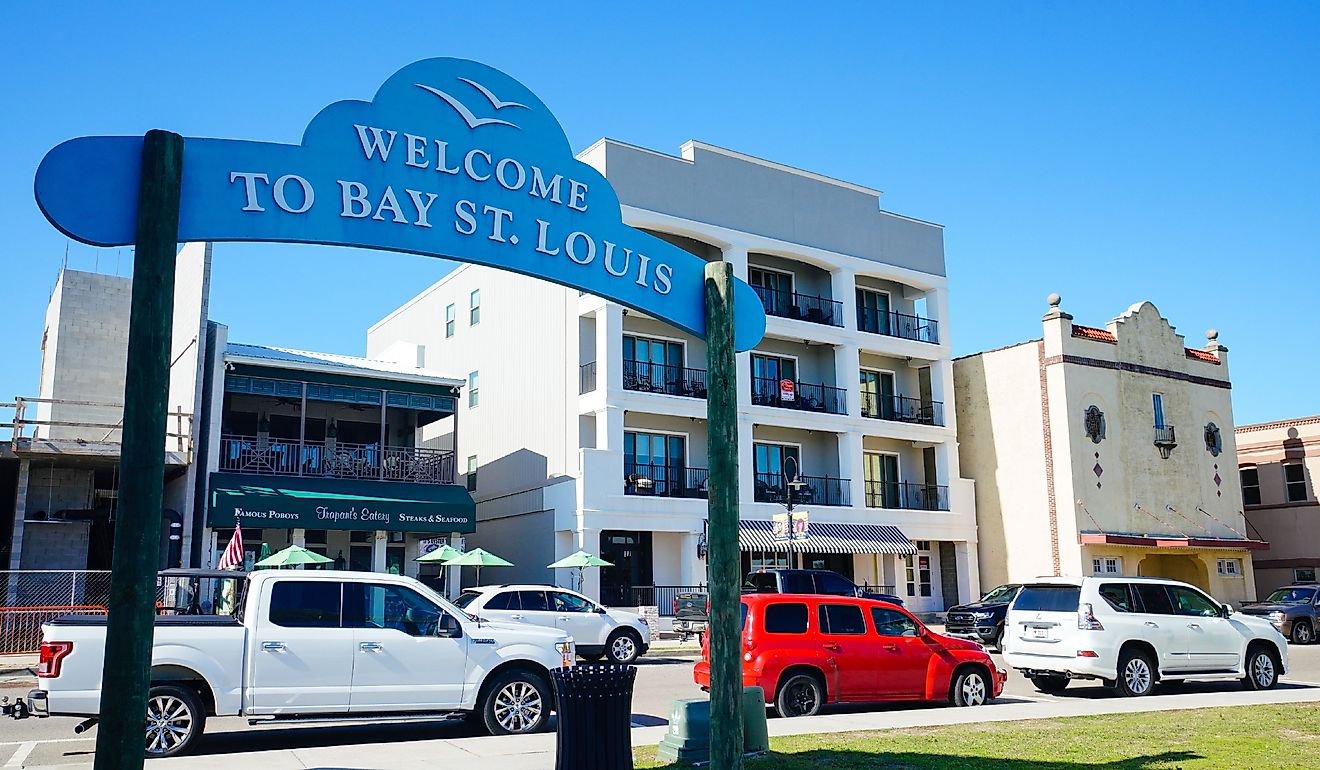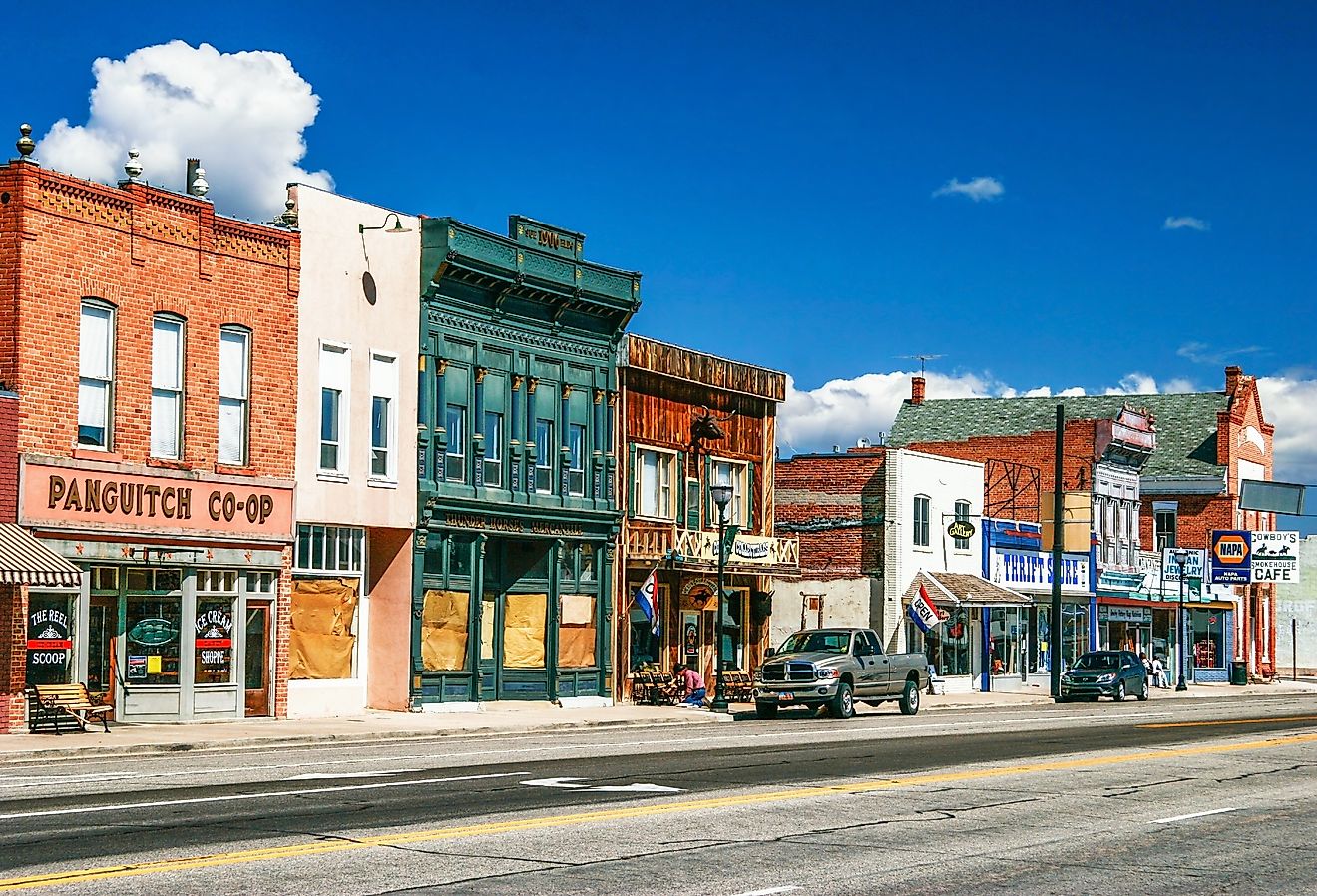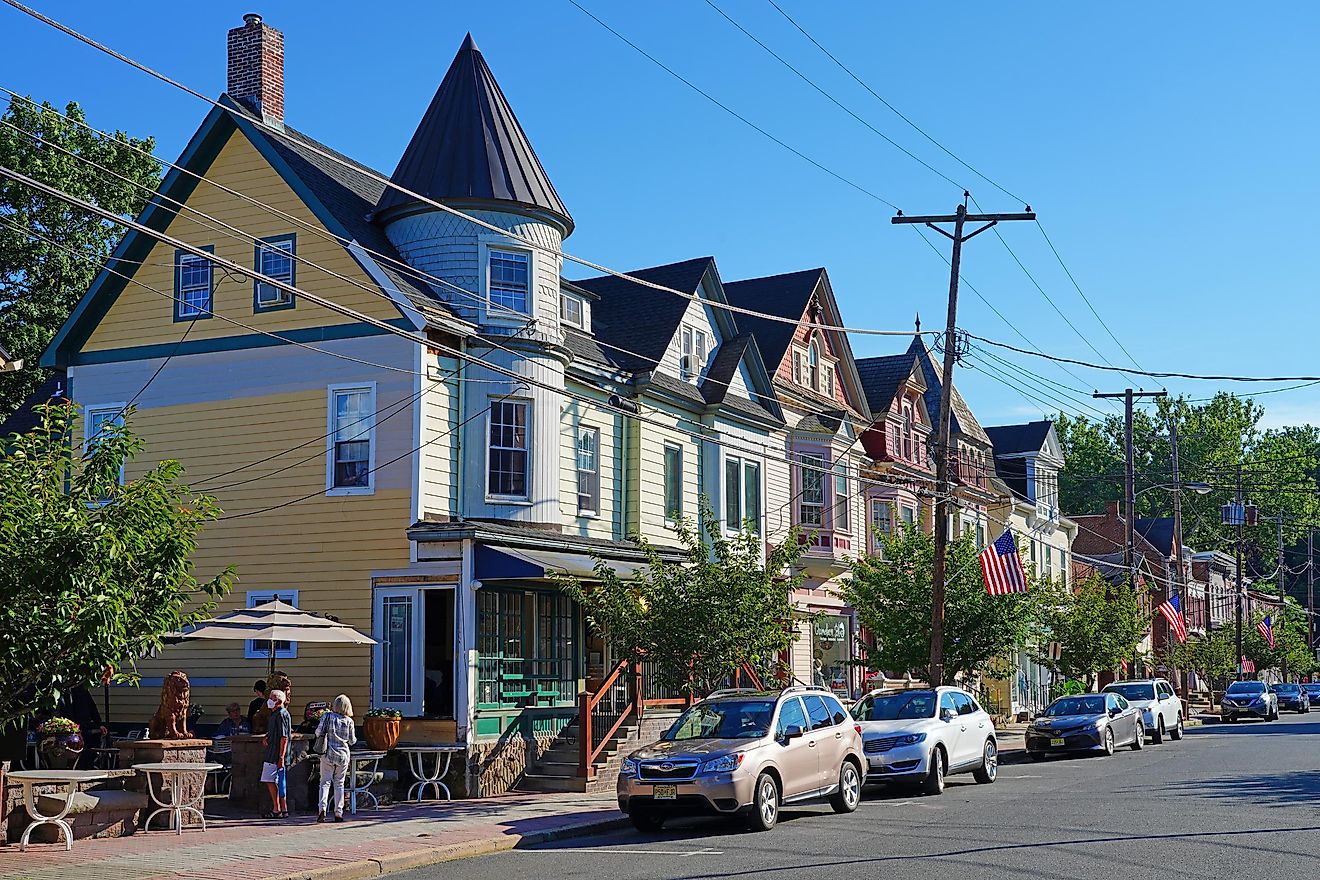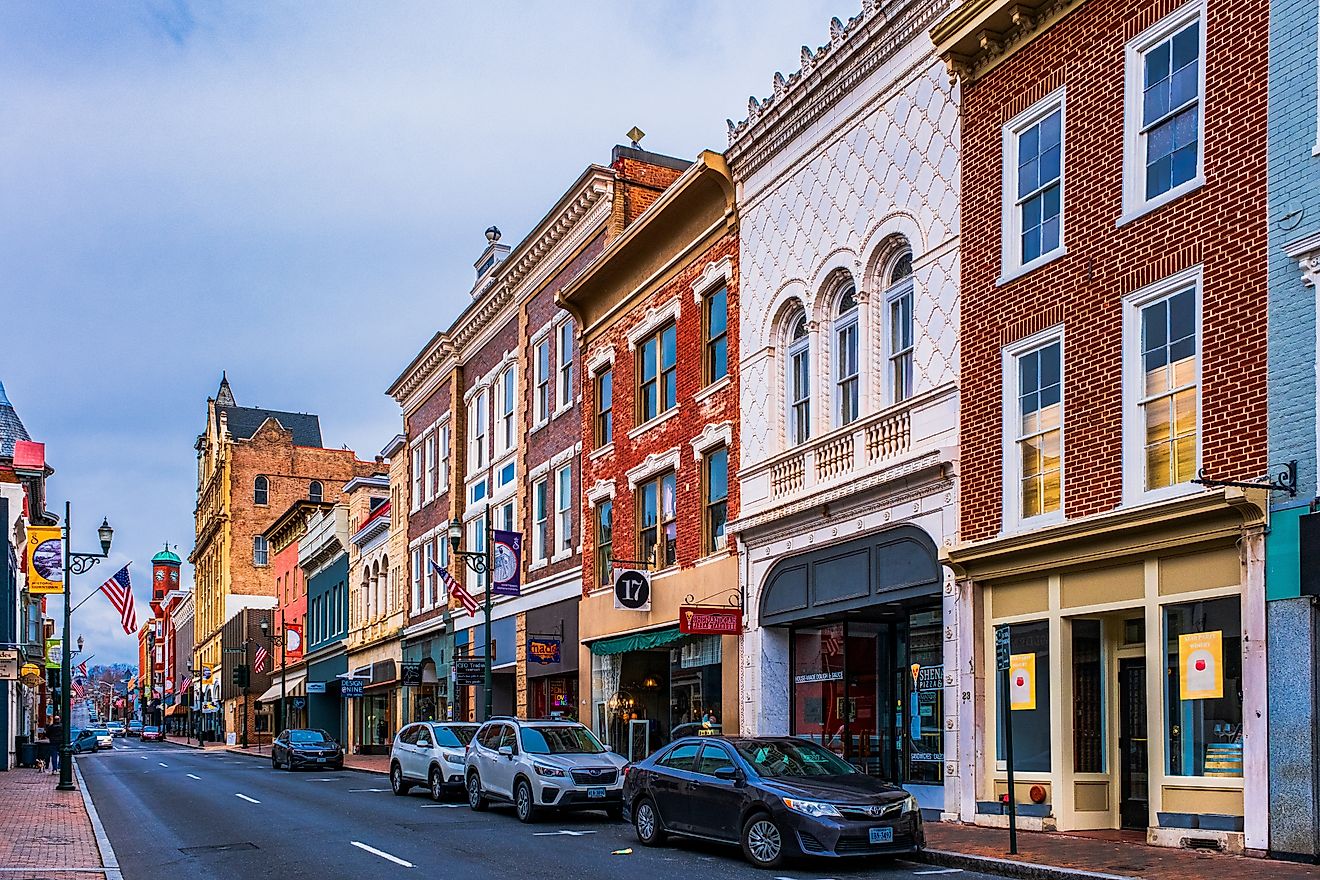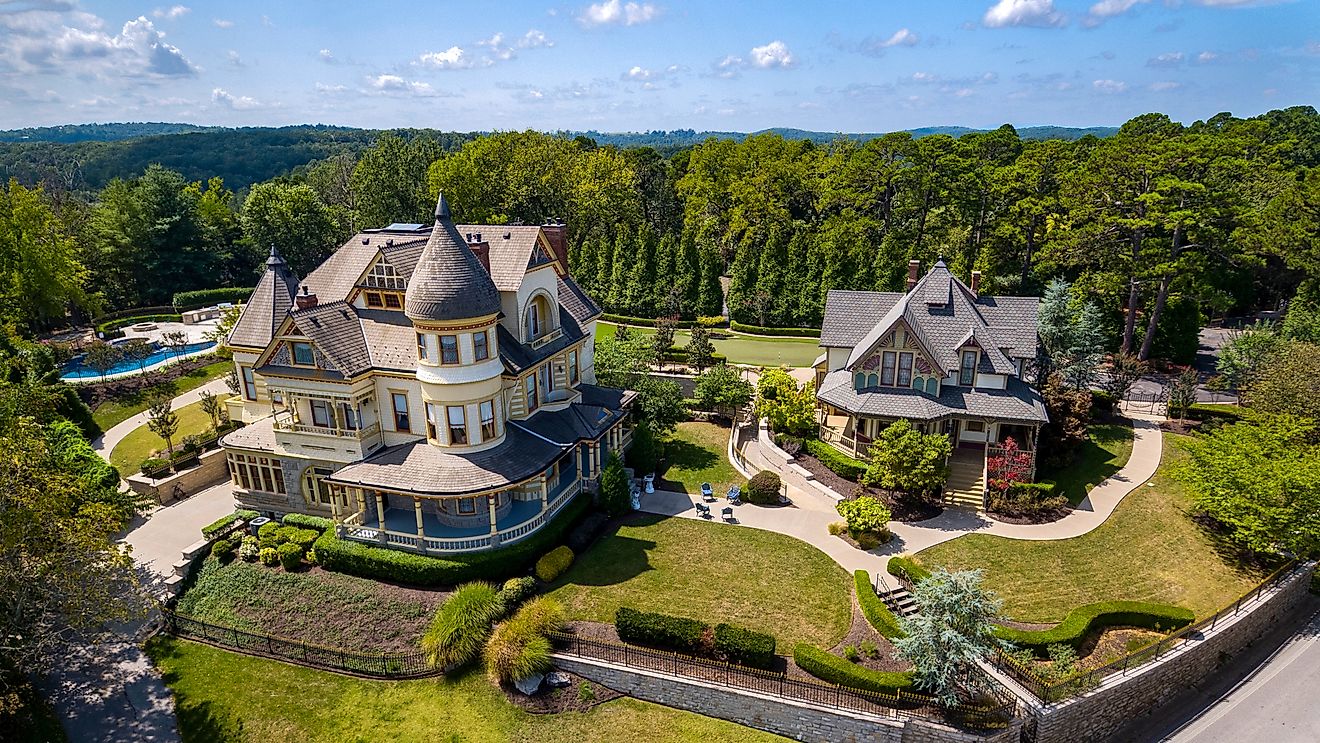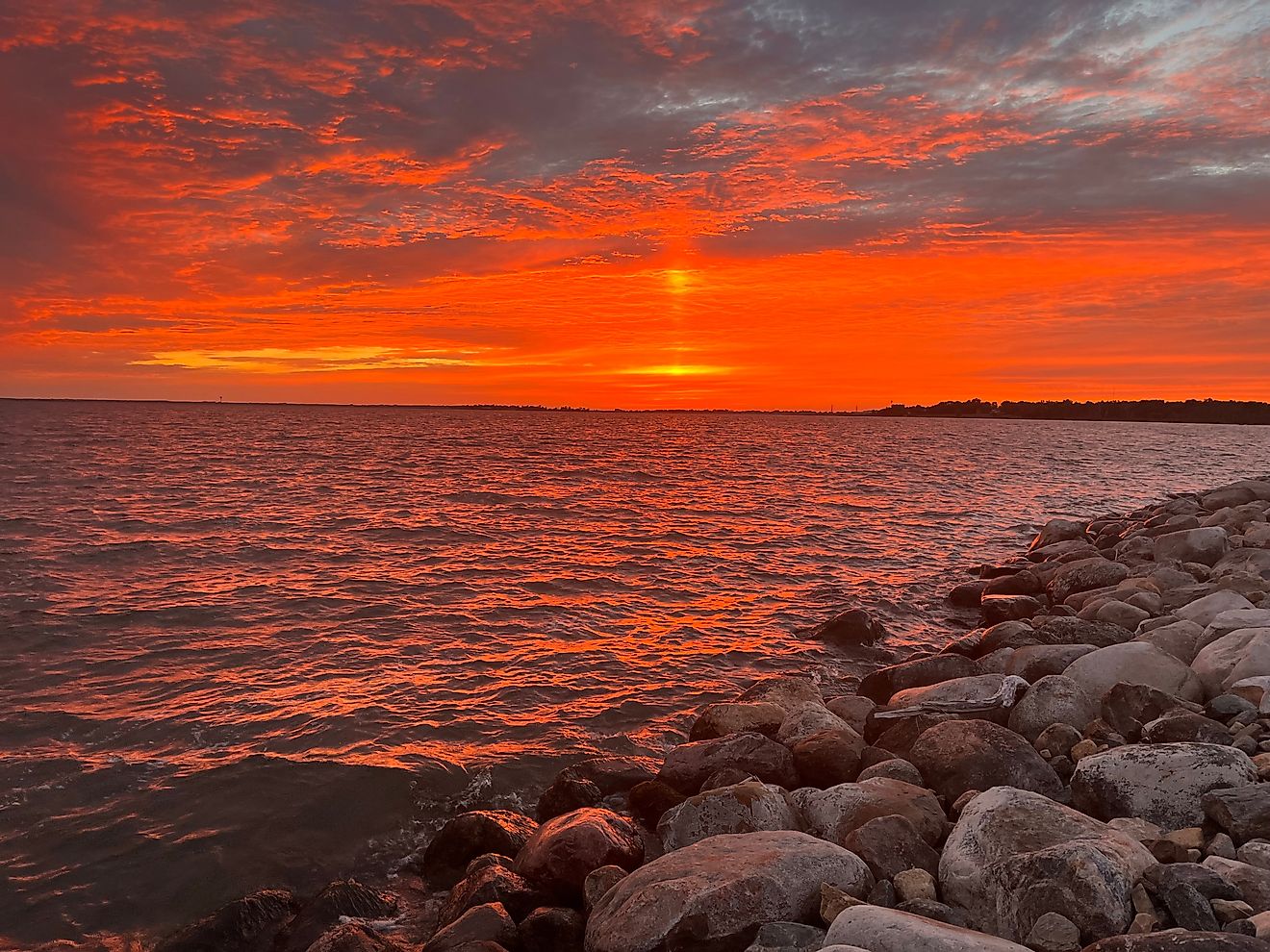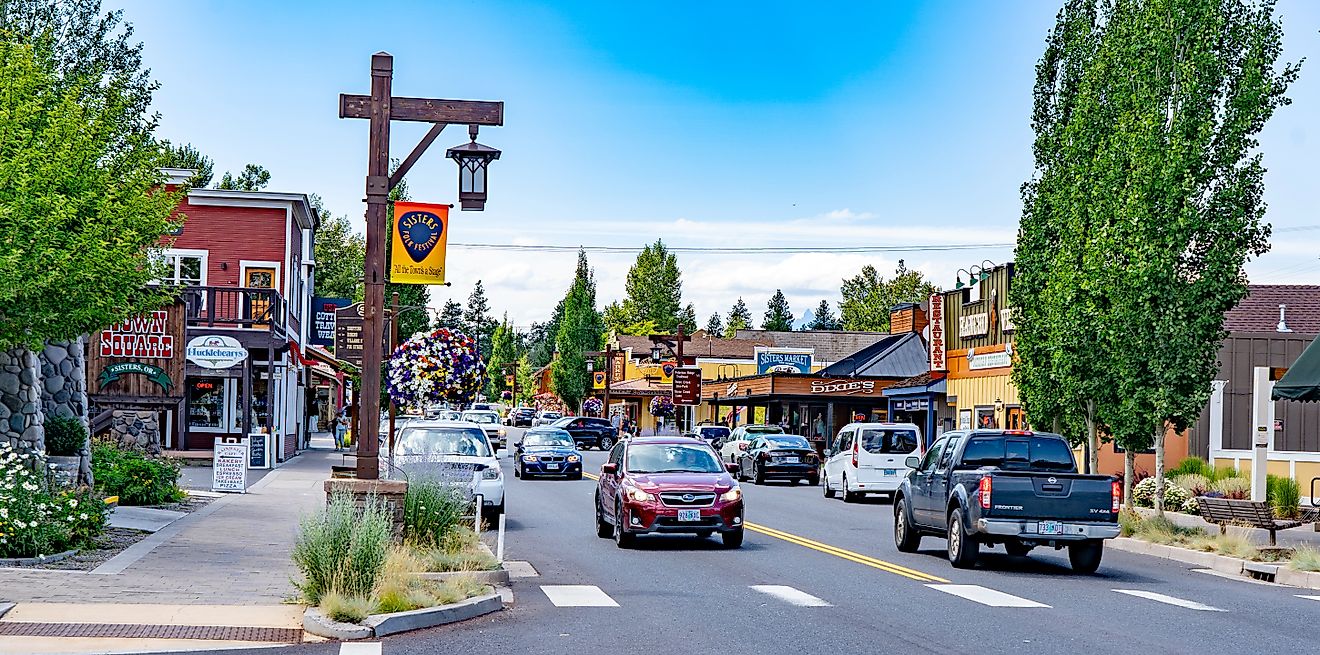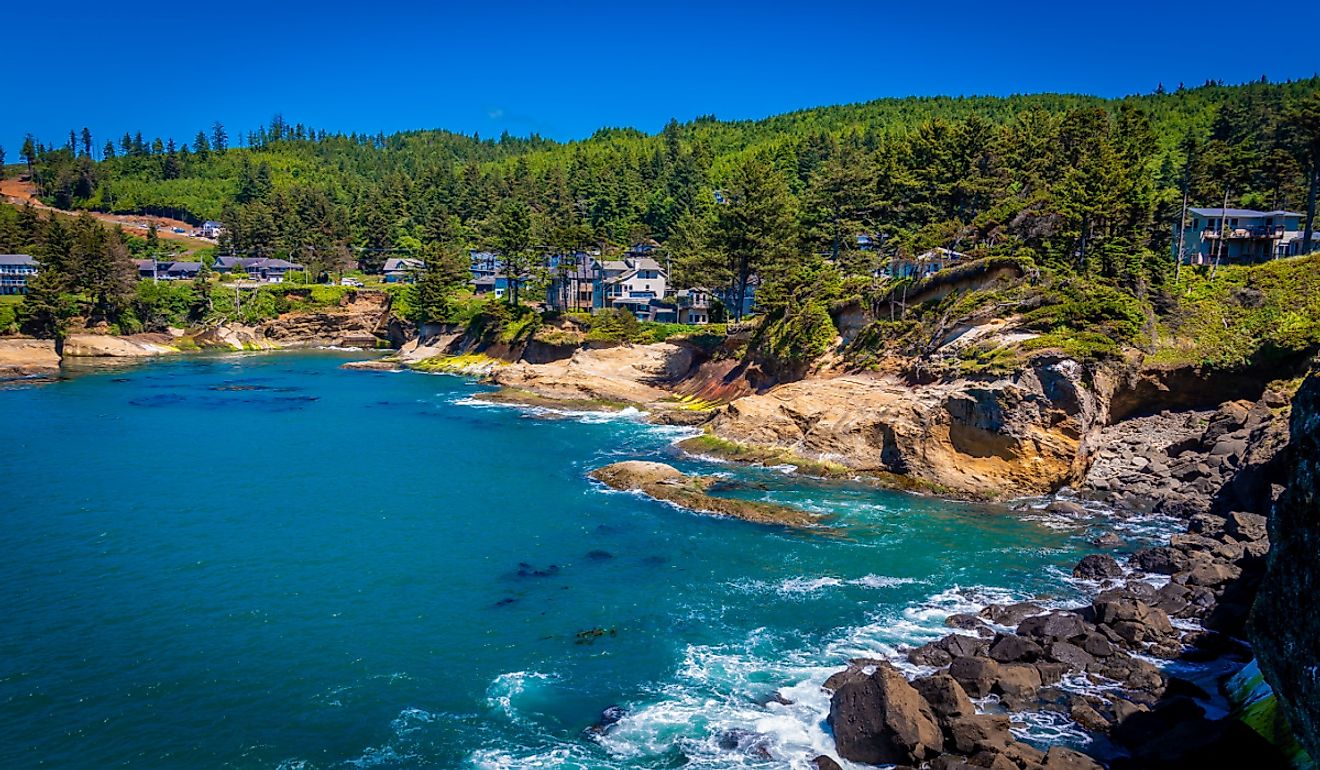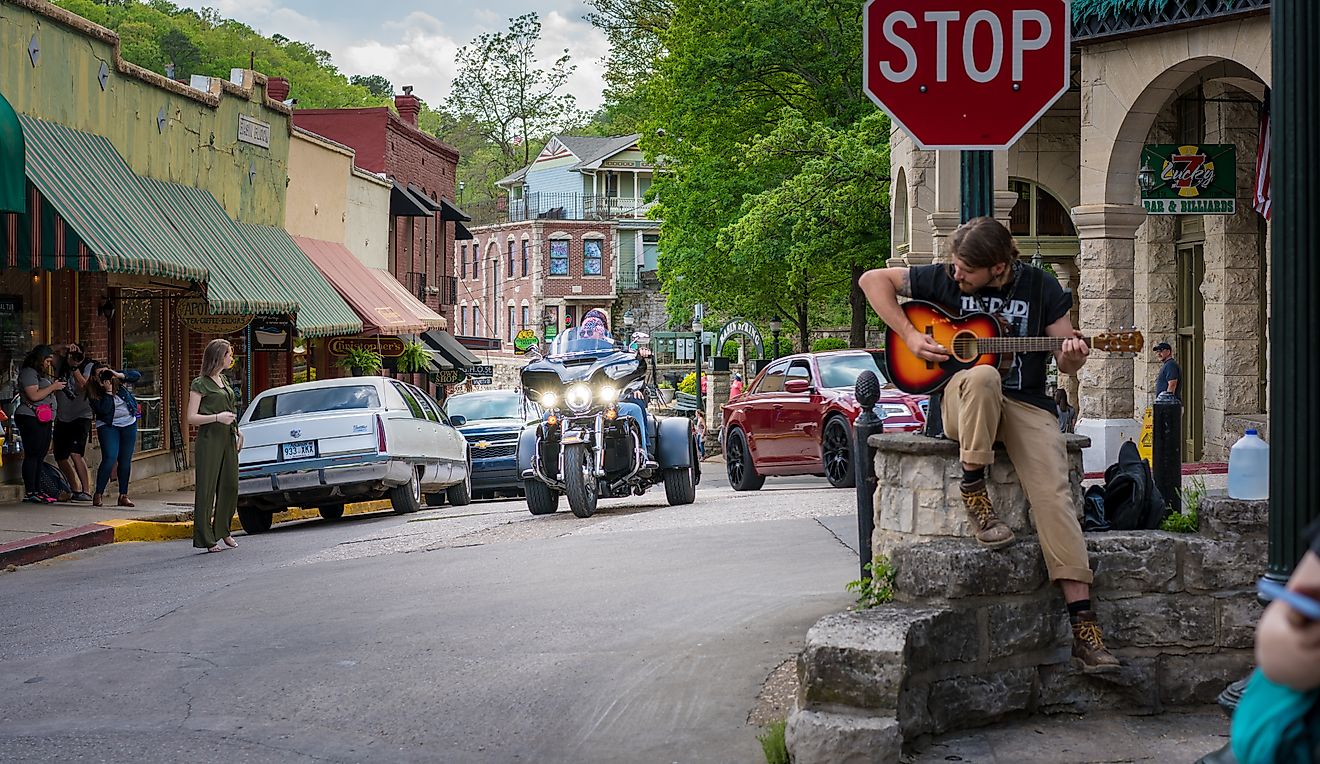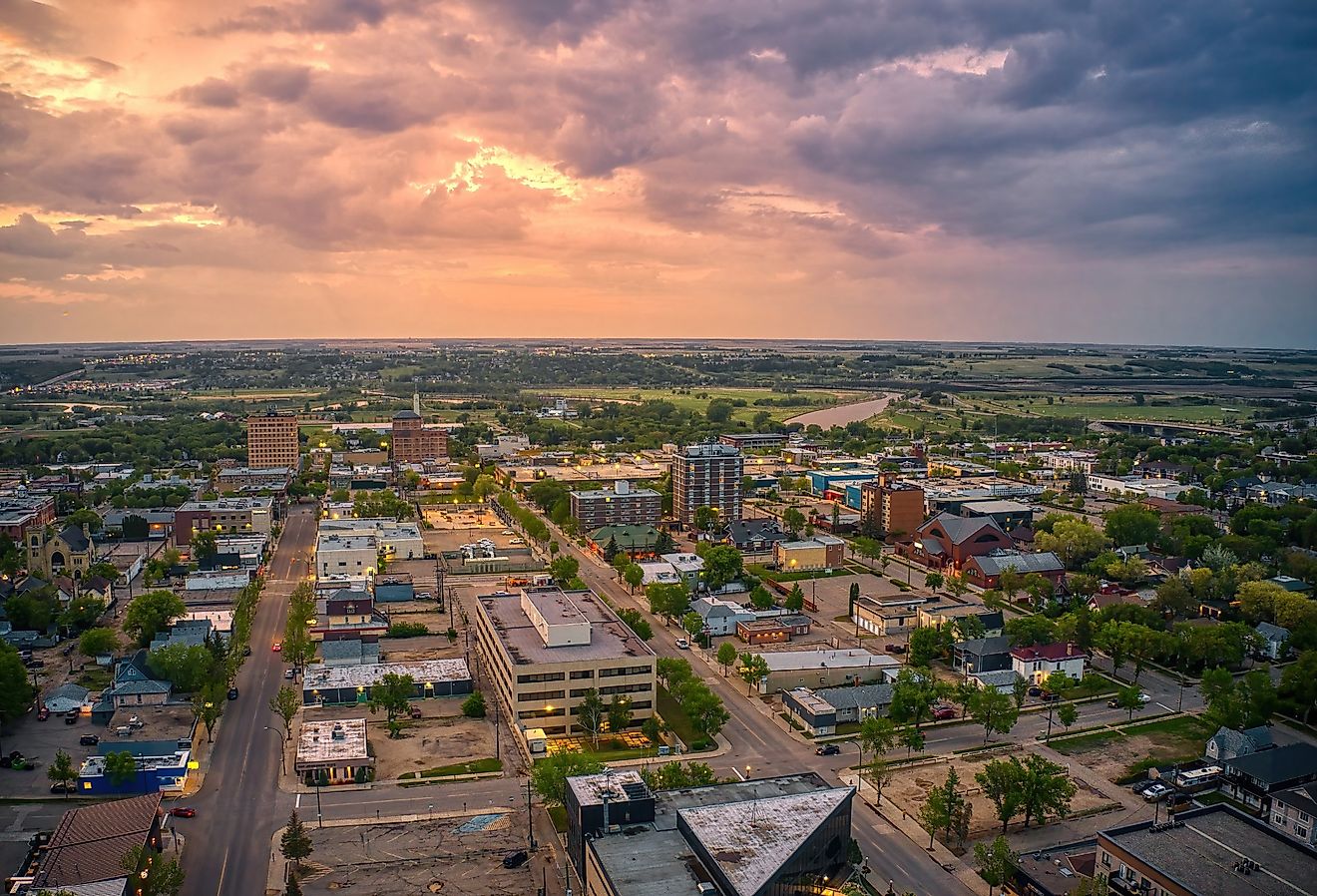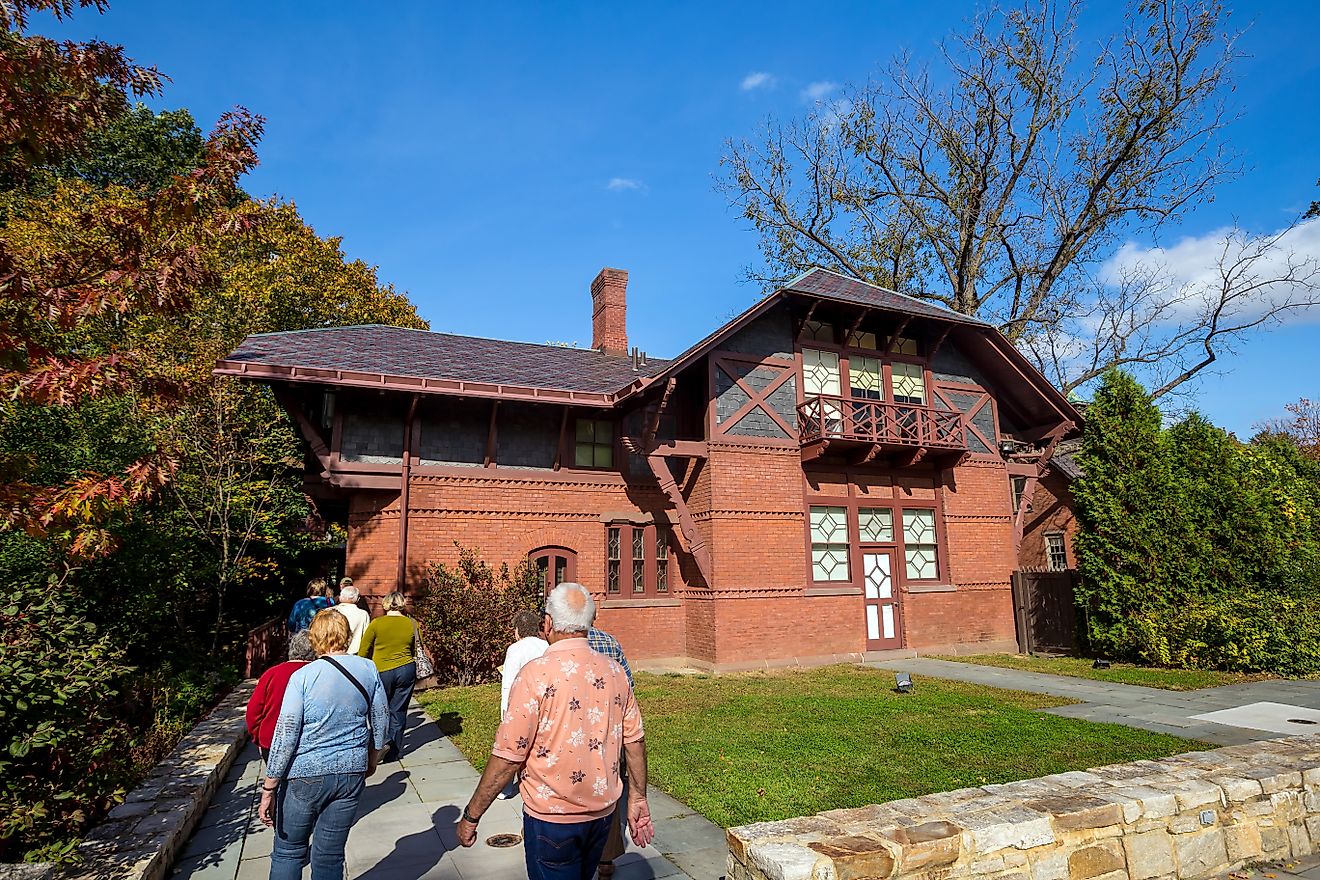
Jacksonville, Florida
Jacksonville is the most populous city in the state of Florida. In terms of area, it is the largest city in the contiguous United States. Jacksonville prides itself on family fun and relaxation with 22 miles of beaches, an array of outdoor recreation, an intriguing artistic and historical backbone, and a booming social scene. With such a sunny and entertaining environment, it is no mystery how the city landed the slogan, "It's Easier Here."
Geography Of Jacksonville

Jacksonville is located in Florida's Northeast region, near the Georgia border. The city straddles the St. Johns River and stretches out to the North Atlantic Coast - the site of its seemingly infinite beaches. From Jacksonville, Florida's capital city of Tallahassee lies approximately 165 miles to the West, Orlando sits 140 miles to the South, and Tampa is just shy of 200 miles to the Southwest.
Climate Of Jacksonville
The average annual temperature in Jacksonville is 71 degrees Fahrenheit. This ranges from a low of 46 degrees in January to a high of 93 degrees in July. Curiously, Jacksonville sees both above-average rainfall (50 inches per year compared to the national average of 38 inches) and above-average sunshine (221 days per year compared to the national average of 205 days). The average relative humidity is 70%.
Population Of Jacksonville
As of 2020, the population of the metropolitan core of Jacksonville was 949,611. This makes it the most populated city in the state and the 12th most populated in the country. Some key demographics include a 51.6% female population, 22.8% of residents are under the age of 18, and a racial breakdown of: 56.3% white, 30.9% black or African American, 10.4% Hispanic or Latino, and 4.8% Asian.
History And Economy Of Jacksonville

Before European settlement, the region of modern-day Jacksonville was home to the Timucuan Indians. Their culture dates back to at least 500 B.C. Further Indigenous history continues for thousands of years prior, though little concrete information is known.
The first Europeans arrived in the early 16th century. In 1562, a group of French Huguenots, led by Jean Ribault, surveyed the region and built Fort Caroline, where the St. Johns River meets the Atlantic Ocean. A few years later, the fort was destroyed by the Spanish, who had previously claimed the Florida Peninsula. They rebuilt their own settlement and operated here for nearly 200 years. In 1763, Spain offered the territory to the British in exchange for continued ownership of Havana, Cuba. During their reign, the Spaniards converted the Timucuan people to Catholicism. When they surrendered the region to the British, the Spanish took the remaining natives with them.
In 1821, the freshly ceded territory of modern-day Florida became part of the United States. Jacksonville was established in honor of Andrew Jackson, the territory's first governor and eventual US president the following year. In 1845, Florida officially became a state. During this time, Jacksonville became a commercial hub, mainly due to its plantations, which exported large amounts of cotton, lumber, and produce to the North in exchange for manufactured goods.
After the civil war, Jacksonville began its recovery as a tourist destination. Then, after the Great Fire of 1901, the city completed its makeover from the prior colonial frontier into a modern metropolitan.
During World War II, Jacksonville's strategic location once again served it well economically. Three military installations were built, making Jacksonville a major Navy complex. In 1968, the City of Jacksonville merged with the rest of Duval county. This union made the new Jacksonville the largest land area city in the United States, totaling almost 900 square miles. Finally, in 1993 the National Football League (NFL) established the Jacksonville Jaguars. Along with hosting the Superbowl in 2005, this brought the city further into the spotlight.
Visiting Jacksonville

Jacksonville's year-round warm weather is one of the biggest draws for tourists. The vast stretches of beaches (the most popular of which is Jacksonville Beach) and its other protected outdoor spaces take full advantage of this fact, giving visitors plenty of options to relax and explore. Jacksonville actually claims the top spot in the country for the largest urban park system, with more than 80,000 acres of city, state, and national parks. These protect a wide range of ecological spaces, from woodlands to marshes to waterways.
Jacksonville is also a cultural and event hotspot. Throughout the city, there are fairs, markets, art displays, performance venues, nightclubs, craft breweries and cocktail lounges, seafood restaurants, and on and on it goes.
Jacksonville is a big city with an even longer history. Over the years, the region has transformed itself many times over. Today, it is a thriving and social metropolitan with a pleasant climate and alluring natural surroundings.
